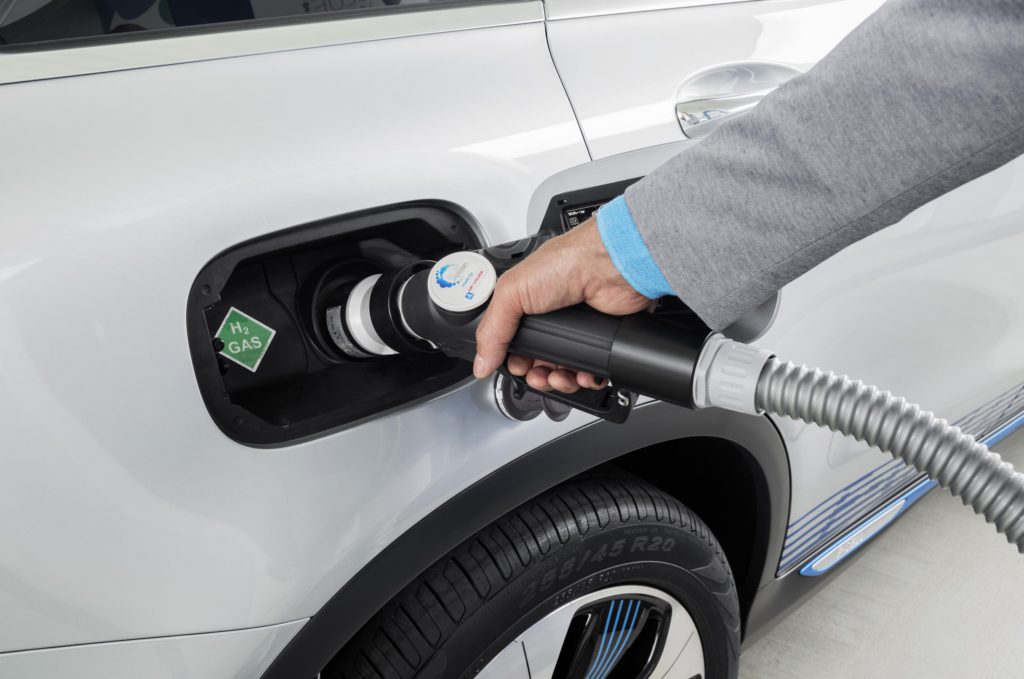UK hydrogen projects awarded funding for clean production
19 February 2020

19 February 2020
Five projects investigating the potential of hydrogen in emissions reduction have been awarded funding by the UK Government.
As the country looks to reduce its reliance on fossil fuels, UK energy minister Kwasi Kwarteng cited hydrogen as one potentially important way of reaching decarbonisation targets, especially in areas such as industry and transport.
Reducing carbon
The Department for Business, Energy and Industrial Strategy has now awarded £28 million (€33.7 million) to the five projects as part of a wider £90 million (€108.3 million) pot for research into how to reduce carbon emissions.
The hydrogen initiatives include what the government claims will be Europe’s first ′low-carbon hydrogen production plants’, one on the banks of the Mersey and another near Aberdeen. The ′Hynet’ scheme would involve a hydrogen production plant north of Chester, in the north-west of England, and is backed by companies including Cadent, Essar and SNC Lavalin. The ′Acorn’ project near Peterhead north of Aberdeen, aims to produce hydrogen from natural gas extracted from the North Sea.
Clean production
While hydrogen is seen by many as a viable alternative to petrol and diesel, offering similar range and refuelling times but emitting water rather than harmful pollutants, its production has become a sticking point. Currently, the most effective way involves fossil fuels, but the carbon dioxide emitted in the process needs to be captured and stored in depleted oil and gasfields or re-used in alternative industrial processes for it to be considered ′clean’. Therefore, it is seen as less environmentally friendly than electricity for battery-powered vehicles.
′Cleaning up emissions from industry and housing is a big challenge but today’s £90 million investment will set us on the right path as we develop clean technologies like hydrogen,’ said Kwarteng.
′This is an important part of our world-leading efforts in eliminating our contribution to climate change by 2050 while also growing our economy, creating up to two million green-collar jobs across the country by 2030. The investment in low carbon innovation will be crucial to help us end our contribution to climate change by 2050.’
Discussing hydrogen’s potential last year, Autovista Group’s Head of Content and Product, Anthony Machin, said: ′Deriving hydrogen cleanly from hydro, solar and wind power, directed through the water-splitting magic of modern electrolytic machinery, is possible. Such renewably-generated hydrogen could supply energy storage at scales many times beyond even the capacities of the largest battery systems, across Europe and in diverse economies throughout the world.’